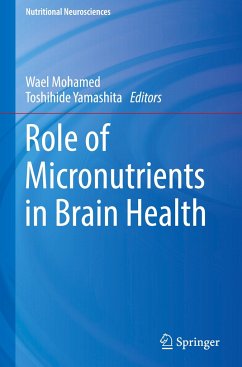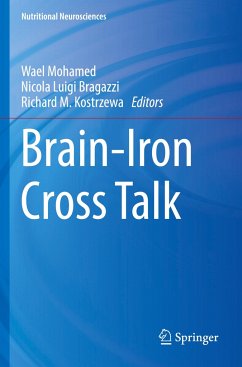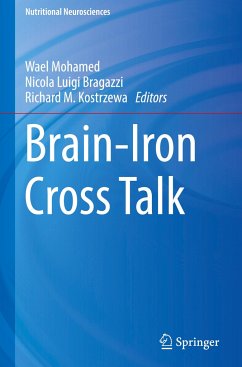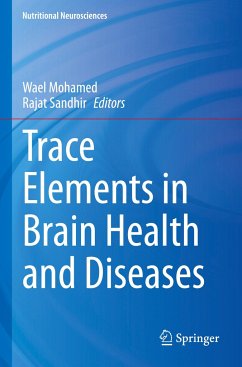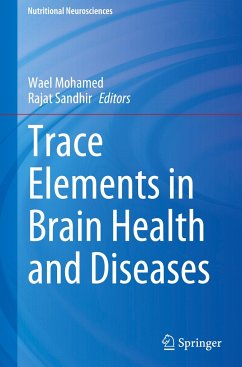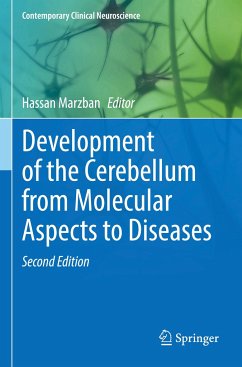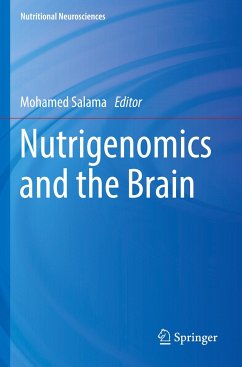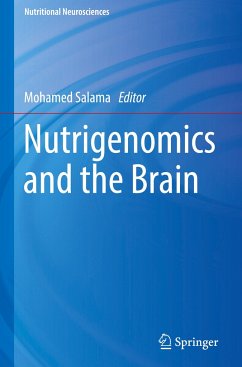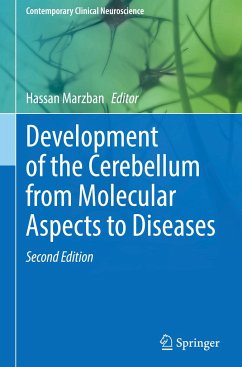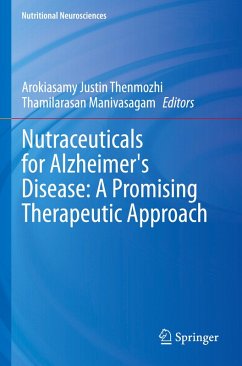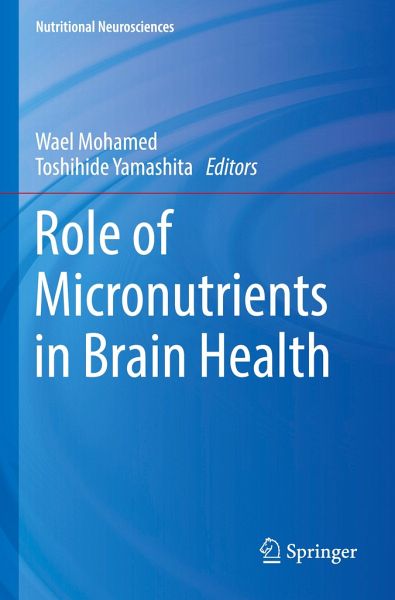
Role of Micronutrients in Brain Health
Versandkostenfrei!
Versandfertig in 6-10 Tagen
151,99 €
inkl. MwSt.

PAYBACK Punkte
76 °P sammeln!
This book comprehensively reviews the relationship between micronutrients and brain in health and diseases. It explains the relationship between micronutrients and brain functions, neurogenesis, and cognitive functions. The book also explores the relationship between micronutrients and brain disorders including depression, epilepsy, PD, and Autism. It further explores the recent advancements in understanding the important role of micronutrients as therapeutics in various brain disorders like TBI and AD. Lastly, it presents an overview of micronutrients as neuroprotective agents along with the ...
This book comprehensively reviews the relationship between micronutrients and brain in health and diseases. It explains the relationship between micronutrients and brain functions, neurogenesis, and cognitive functions. The book also explores the relationship between micronutrients and brain disorders including depression, epilepsy, PD, and Autism. It further explores the recent advancements in understanding the important role of micronutrients as therapeutics in various brain disorders like TBI and AD. Lastly, it presents an overview of micronutrients as neuroprotective agents along with the main principles of nutrigenomics.





